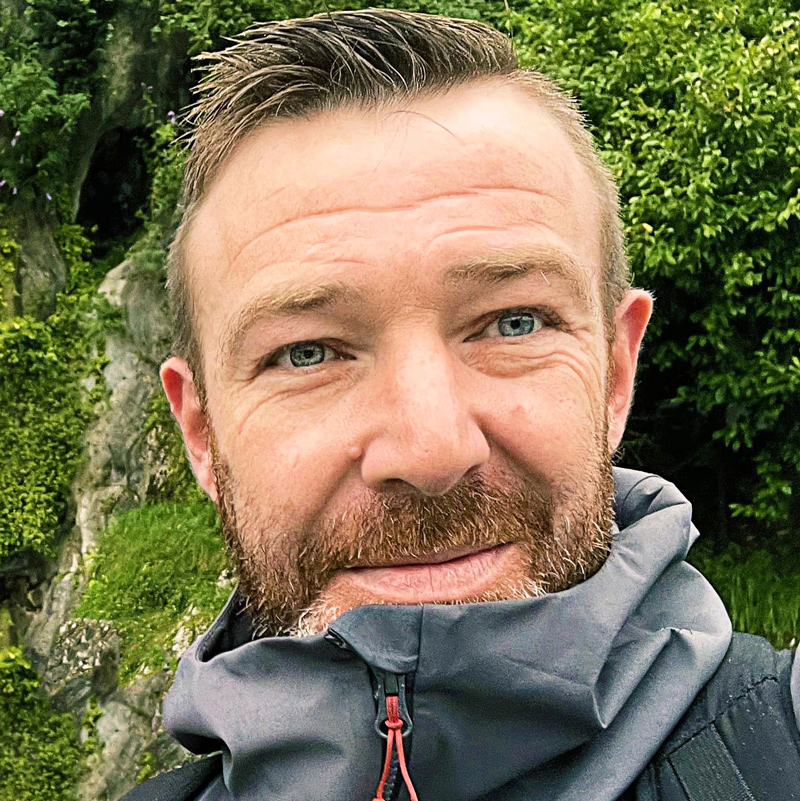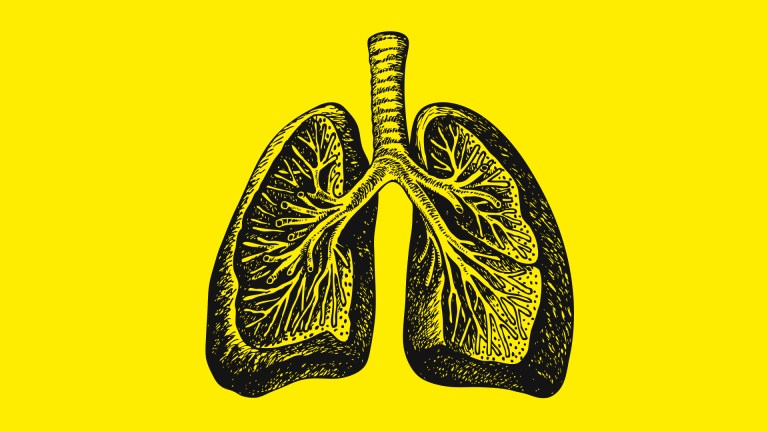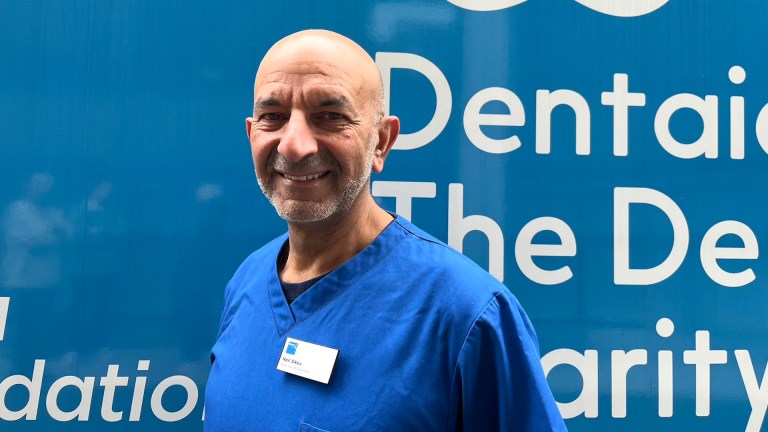I live on a small but magical island off the west coast of Scotland called Bute. I was born and raised here and recently returned after spending the best part of 20 years living in Glasgow. I then started working in suicide bereavement, and in primary and secondary schools as a counsellor. I also run a private practice where I’ll take clients into nature for Walk & Talk sessions.
My day starts in a frenzy. My two boys have their morning moan about getting out of bed; our wee dog Angus will be needing his morning chase around the house with the boys’ socks. Finally, my wife will rally the clan to get out the door. Anxiety levels rise during this golden hour, yet it would be hard to remain in that state of mind for long when you look out of the window to see the views – hills, woodlands, sea.
Get the latest news and insight into how the Big Issue magazine is made by signing up for the Inside Big Issue newsletter
Sometimes I’ll remind my boys about this as we drive to school, that it’s OK to feel these ‘things’ that come up within us: anger, anxiety and annoyance of getting out of bed for school. It’s also OK to let them go again. Is that easier said than done? Yes! But like most things in life, it comes with practice.
- Being a survivor of torture in the UK is hard – but writing gave me back my boldness and courage
- This man wasn’t ready to say goodbye to his dead cat. So he resurrected him as an AI robot
When I arrive at school I see three clients one-on-one in the mornings and two in the afternoon. We need to be creative in our approach. This can sometimes be through arts and crafts, having fidget toys or items that can support neurodiverse clients who may feel anxious during their initial sessions. We also use Lego and Play-Doh, as not everyone has the words to describe what they feel. Clients might want to draw what their anxiety looks like or create a shape that feels relevant to their anger.

Working with all age ranges, there are many common issues people bring to their session. With teenagers there is often an added intensity, a fear of being stuck like this forever. Anxiety and self-harm can be common. Perfectionism and feelings of not being good enough are also common with young people who are more likely to compare themselves to their peers.










